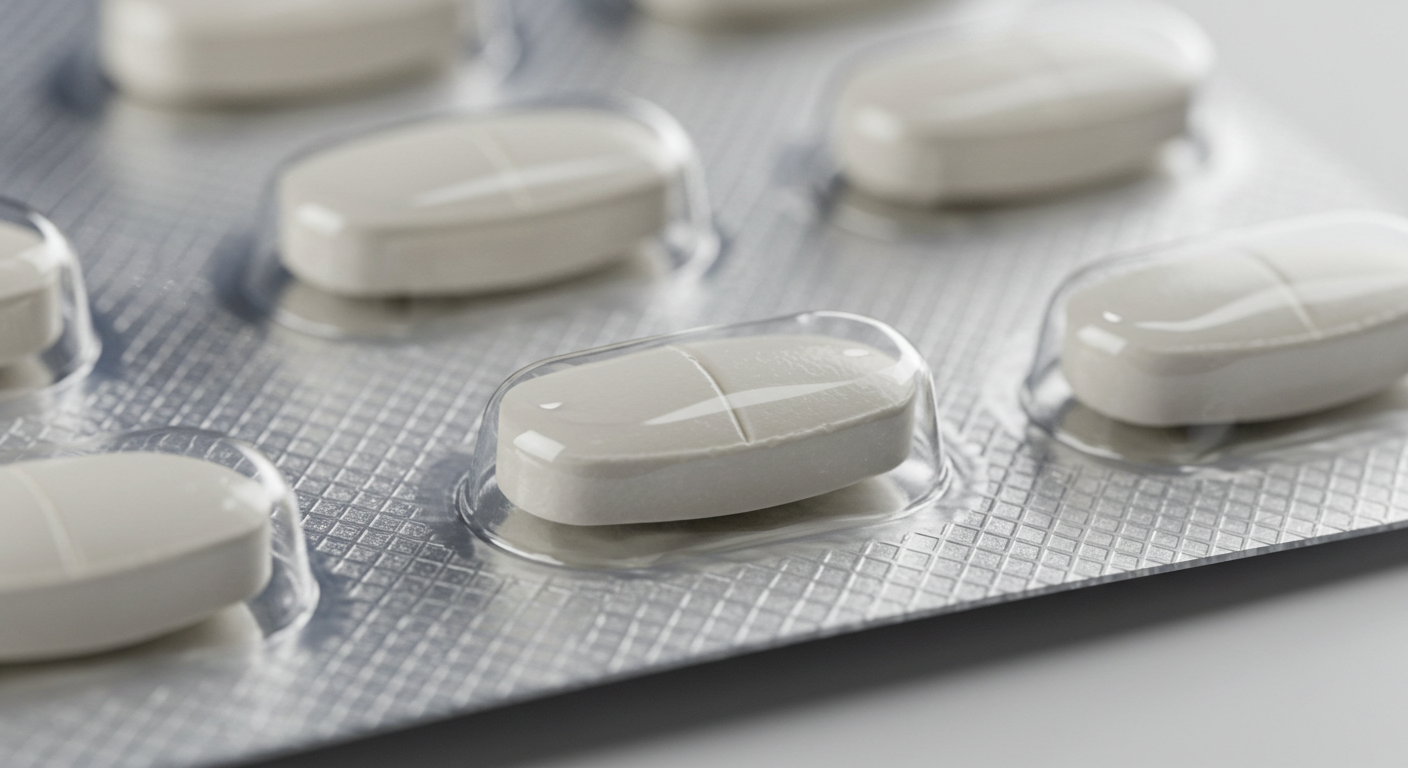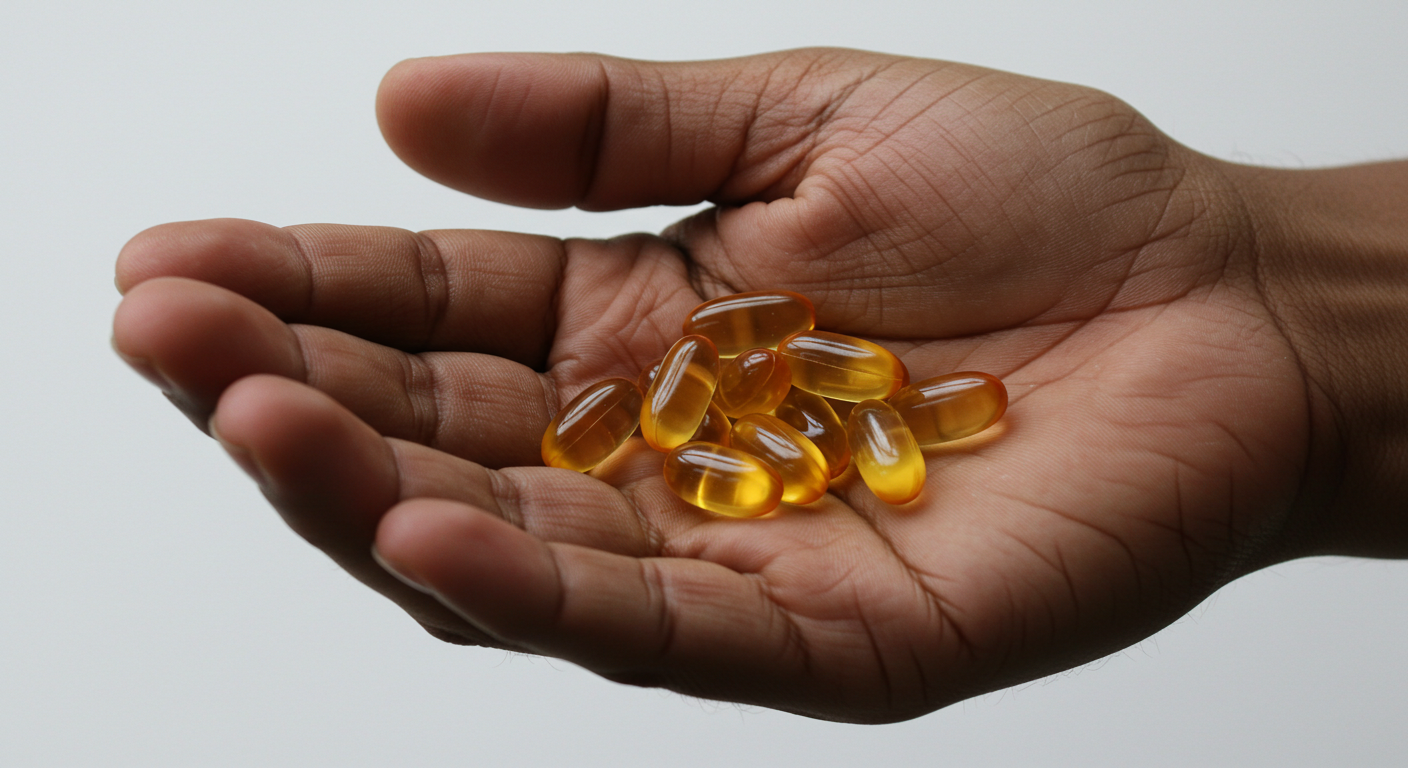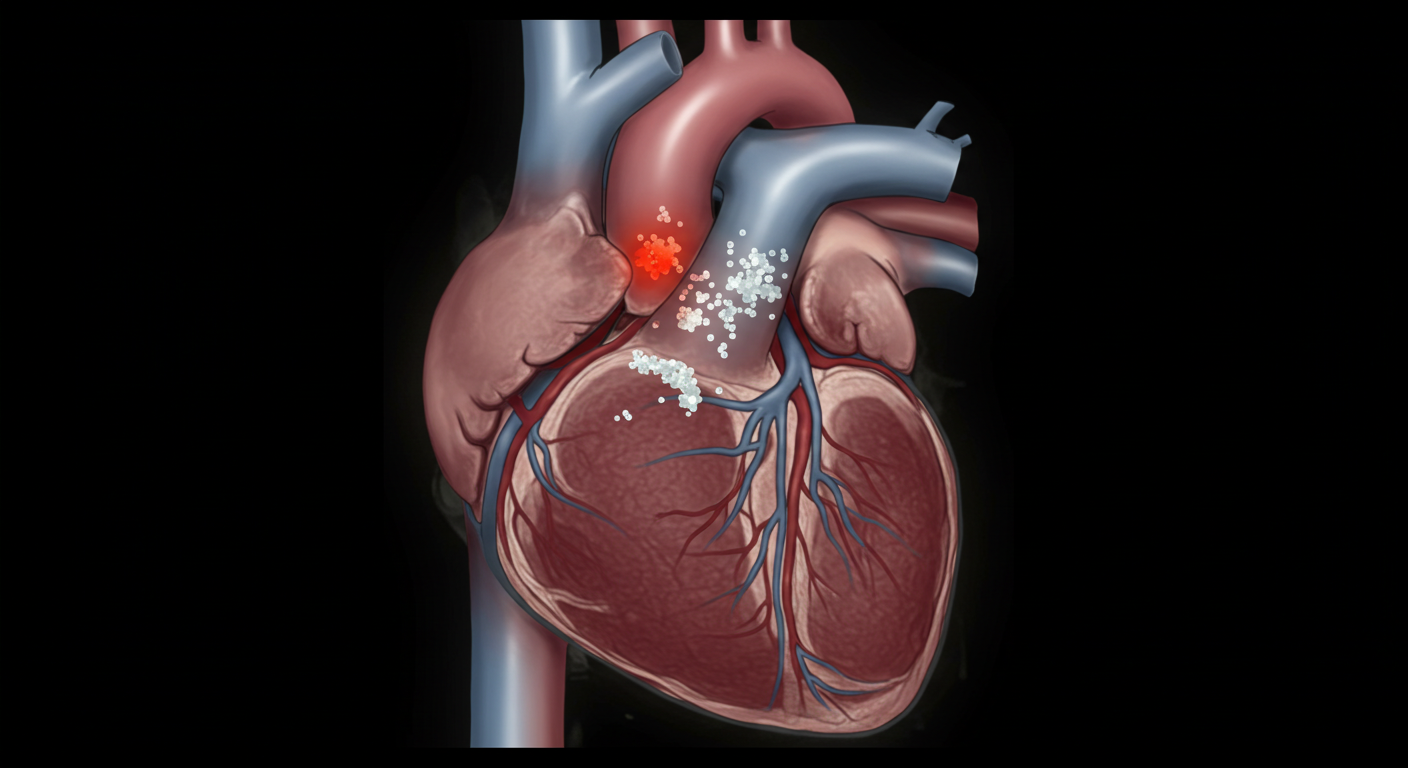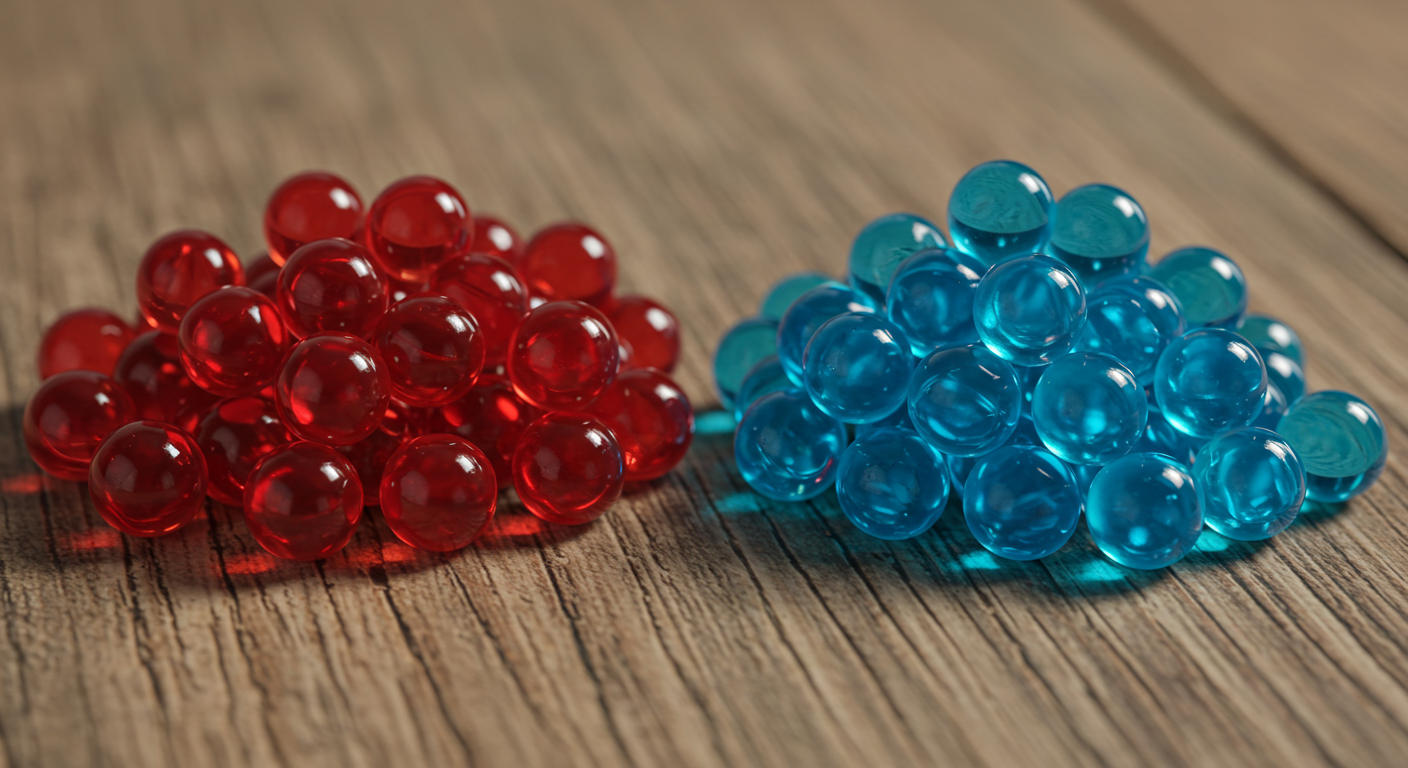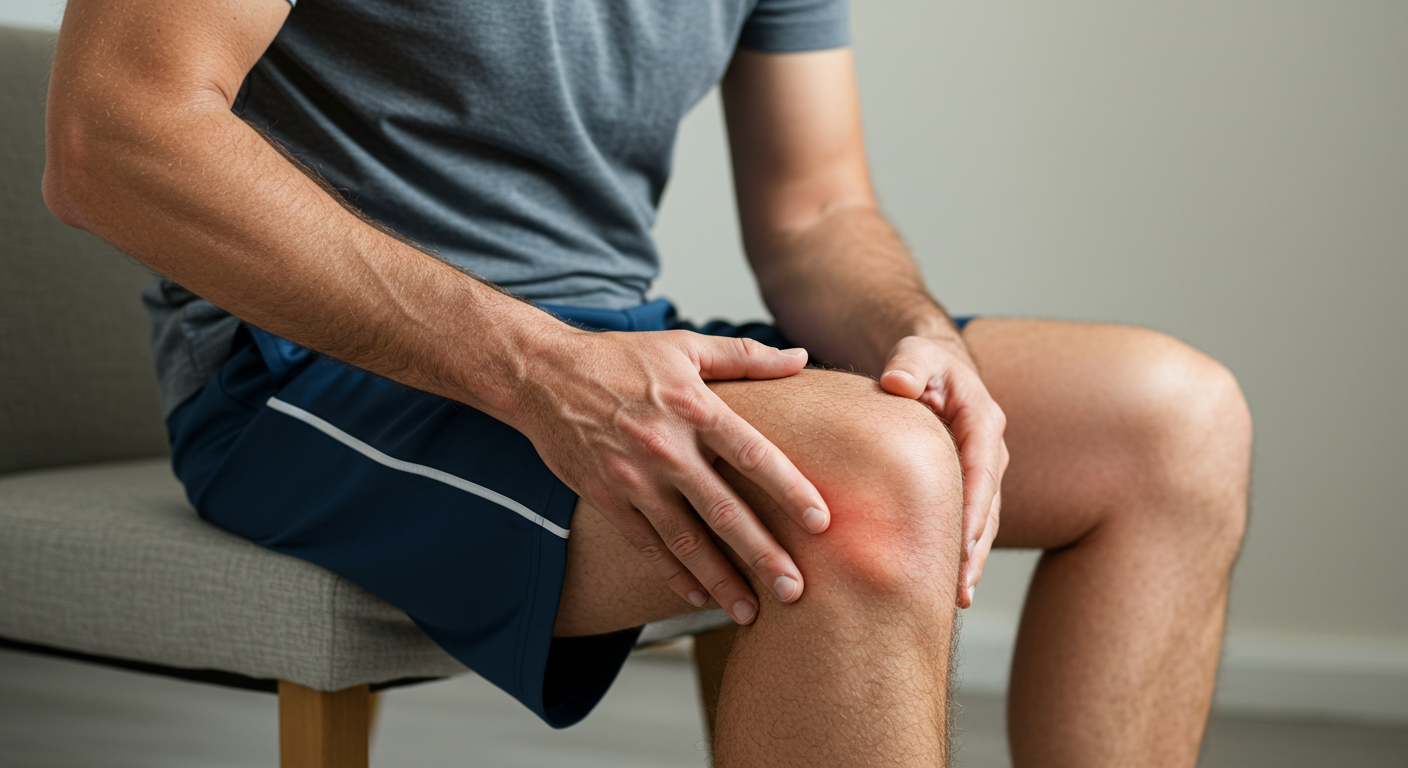Even Low-Dose Vitamin K2 Can Disrupt Blood Thinners
Dr. Kumar’s Take:
This study highlights an important warning: even small doses of vitamin K2 (as low as 10 mcg daily) can interfere with the stability of Vitamin K antagonizing blood thinners like Coumadin. While K2 is often promoted for bone and heart health, patients on vitamin K antagonists (like warfarin or acenocoumarol) should avoid taking MK-7 supplements without medical guidance. The impact on INR was significant in many participants, even at low doses.

